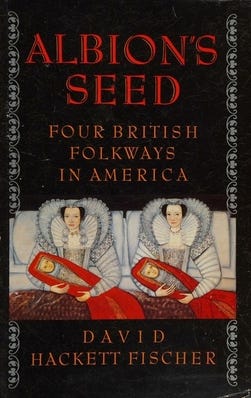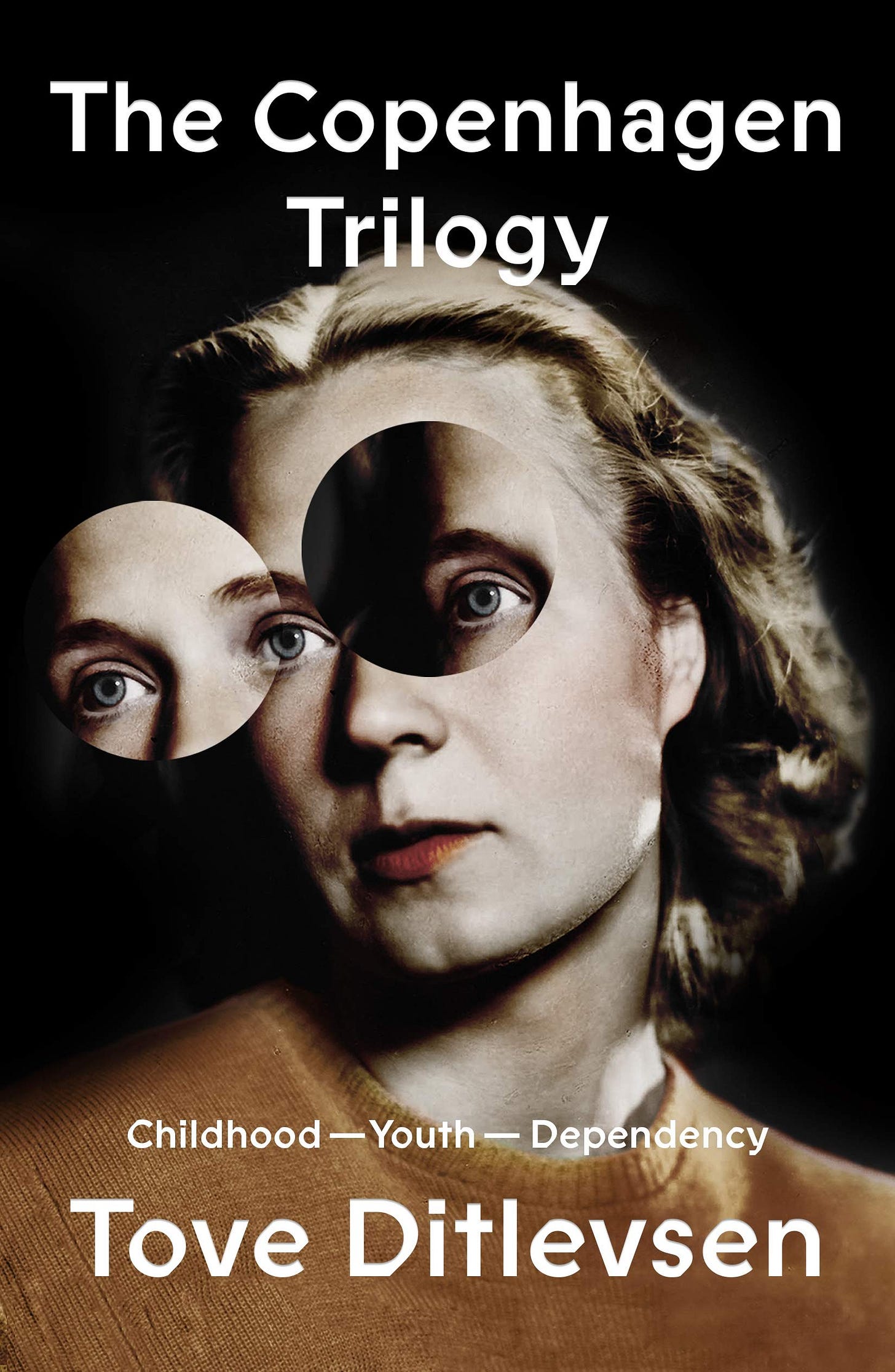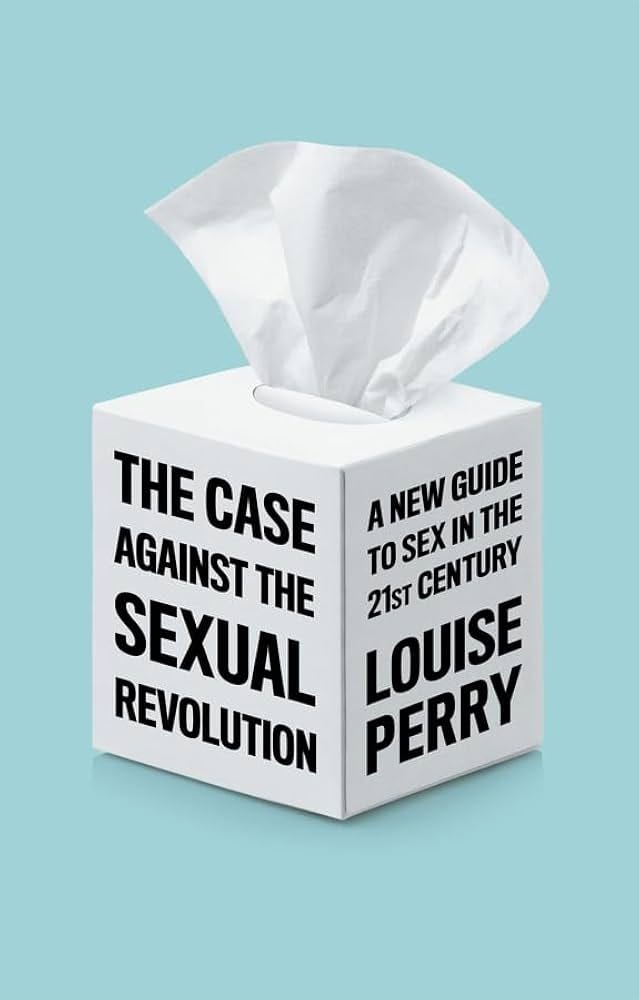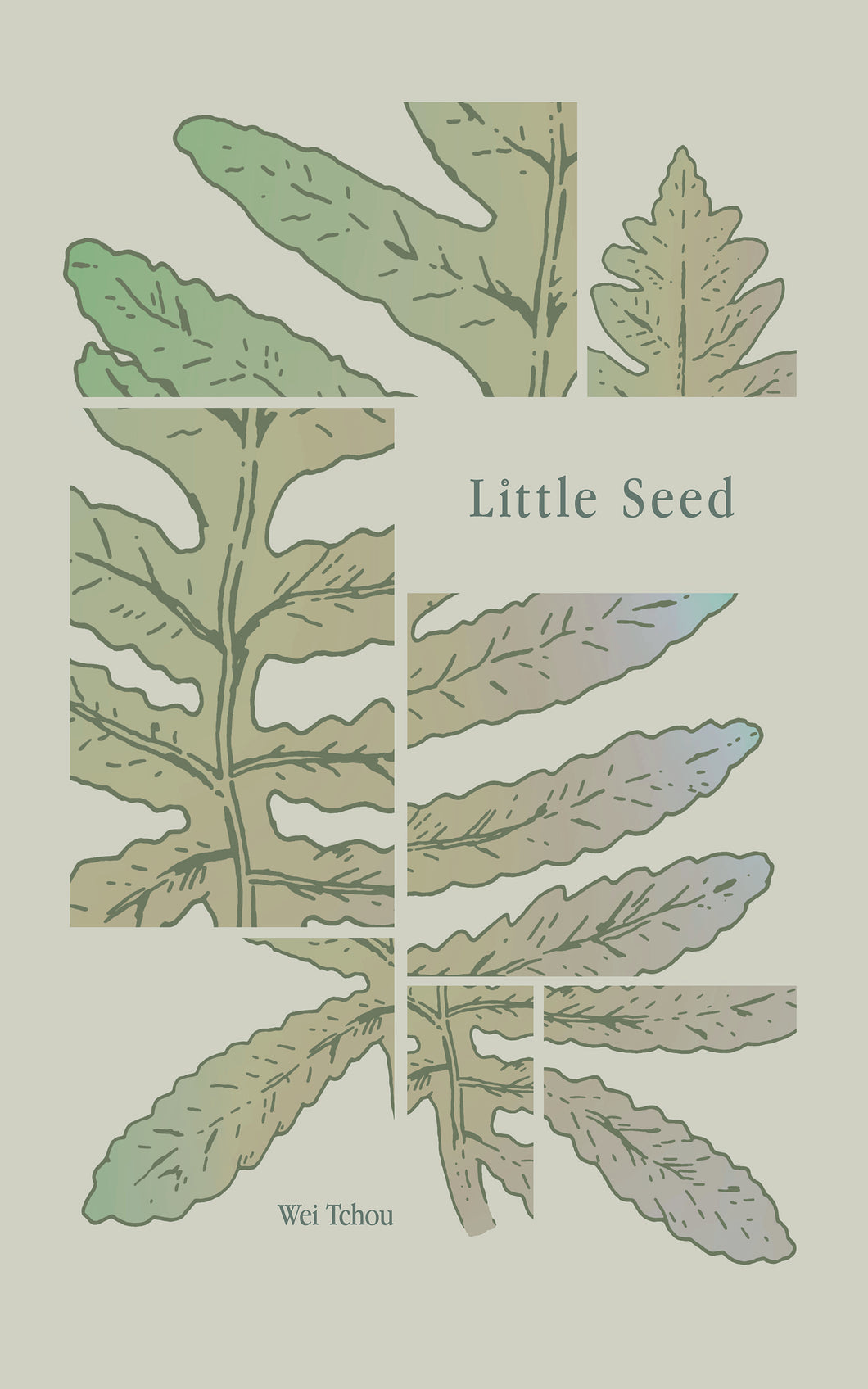I read so many beautiful, mind-bending books this year. In the nonfiction realm, the following were my favorites.
1. The Sabbath, Abraham Joshua Heschel
“Creation, we are taught, is not an act that happened once upon a time, once and for ever. The act of bringing the world into existence is a continuous process. God called the world into being, and that call goes on. There is this present moment because God is present. Every instant is an act of creation. A moment is not terminal but a flash, a signal of Beginning. Time is perpetual innovation, a synonym for continuous creation. Time is God’s gift to the world of space.”
A beautiful, challenging meditation on the gift of the Sabbath. I want this book to be one that I return to, again and again, in the time that I’ve been given. It’s deep enough that its meaning cannot be fully gleaned in just one reading. (Buy)
2. Albion’s Seed, David Hackett Fischer
“The most important fact about American liberty is that it has never been a single idea, but a set of different and even contrary traditions in creative tension with one another. This diversity of libertarian ideas has created a culture of freedom which is more open and expansive than any unitary tradition alone could possibly be. It has also become the most powerful determinant of a voluntary society in the United States. In time, this plurality of freedoms may prove to be that nation’s most enduring legacy to the world.”
The most riveting 900-page history book I’ve encountered. In this thick but winsomely narrated tome, David Hackett Fischer makes the case that four waves of British immigrants forever shaped American culture. These four groups (Puritans in New England, cavaliers in Virginia, Quakers in the Delaware Valley, and border settlers in the backcountry) had distinct beliefs and folkways that continue to influence American politics, institutions, and communal life many centuries later. Fischer is a master of comparison and contrast, and I read with unbridled enthusiasm. As someone who identifies as a transplanted backcountry settler from the Carolinas residing in heavy Virginia cavalier country (the nexus of the seductive/toxic Jeffersonian ideal!), Fischer unlocked so many cultural mysteries of these two regions with which I’ve become intimately familiar. (Buy)
3. The Copenhagen Trilogy, Tove Ditlevsen
The darkest memoir I have ever read—and one of the most beautifully written. In her blurb on the back, Deborah Eisenberg describes Ditlevsen’s prose as “true as wet clay,” which is a perfect phrase for the straightforward, brutal sentences that Ditlevsen deploys. In this three-part memoir, Ditlevsen creates a painstaking portrait of her creatively frustrated life, from troubled childhood to troubled adulthood. Hope is elusive for this young Danish genius, but you keep pulling for her, even though you have a sinking feeling that nothing will ever go her way. (Buy)
4. Zero at the Bone: Fifty Entries Against Despair, Christian Wiman
“One doesn’t follow God in hope of happiness but because one senses—miserable flimsy little word for that beak in your bowels—a truth that renders ordinary contentment irrelevant. There are some hungers that only an endless commitment to emptiness can feed, and the only true antidote to the plague of modern despair is an absolute—and perhaps even annihilating—awe. ‘I prayed for wonders instead of happiness,’ writes the great Jewish theologian Abraham Joshua Heschel, ‘and You gave them to me.’”
Moving meditations on poetry and despair, from a doubt-wracked Christian poet who has spent many intimate years with cancer. A lot of it was over my head, but most of it prickled my imagination and deepened my faith. *Note the Heschel mention! Meta-confluence at its finest. (Buy)
5. The Anxious Generation, Jonathan Haidt
Arguably the most urgent book for parents today. I was familiar with much of this research, as I’ve been following Haidt for a while and read his Substack, but in this compressed, detailed presentation, the argument against a screen-based childhood grows all the more resounding and memorable. I finished the book weighed by a sadness for young people today but a hopefulness for the young people of the future. Gen-Z may have been a generation sacrificed on the altar of screens. It doesn’t mean that we have to let the next generation be led to the same spiritual slaughter. (Buy)
6. The Case Against the Sexual Revolution, Louise Perry
“The technology shock of the Pill led sexual liberals to the hubristic assumption that our society could be uniquely free from the oppression of sexual norms and could function just fine. The last sixty years have proved that assumption to be wrong. We need to re-erect the social guard rails that have been torn down. And, in order to do that, we have to start by stating the obvious. Sex must be taken seriously. Men and women are different. Some desires are bad. Consent is not enough. Violence is not love. Loveless sex is not empowering. People are not products. Marriage is good.”
A much-needed response to our tragic sexual culture, which benefits men at the expense of women in almost every encounter. Christian folk have been saying these things for a very long time, but it was refreshing to read a secular, irreligious, pro-woman take on the consequences of the sexual revolution. Louise Perry is clear minded and persuasive, and I hope more people listen to her. For the sake of our daughters and sisters, we have to do better. (Buy)
7. Little Seed, Wei Tchou
At once incandescently beautiful and gut-wrenchingly powerful, Wei Tchou’s memoir about her family, identity, and fixation with ferns ranks among best nonfiction I’ve encountered. Her compelling, glassy prose is pitch perfect, and her ability to make an intensely personal story somehow universal and accessible is nothing short of a marvel. Enthusiastically recommended. (Buy)
8. The True Believer, Eric Hoffer
“It is necessary for most of us these days to have some insight into the motives and responses of the true believer. For though ours is a godless age, it is the very opposite of irreligious. The true believer is everywhere on the march, and both by converting and antagonizing he is shaping the world in his own image. And whether we are to line up with him or against him, it is well that we should know all we can concerning his nature and potentialities.”
So many aphorisms to ponder! There’s a lot of wisdom here—and a lot of raised questions. Mostly, it is impossible not to read it and not think of the MAGA movement. Hoffer, a dock worker and an impeccable student of history, wrote this just a few years after WWII ended, and so he writes with a fresh urgency and clarity given his time, but his insights apply just as much now as they did then. (Buy)
9. Reading Genesis, Marilynne Robinson
A beautiful, serious reflection on Genesis from the perspective of an accomplished novelist, amateur historian, and earnest Christian. The audience for this book is very specific, and it helped that I fit it precisely: a person of Christian faith who is not a theologian, who loves literature, and who is already very familiar with Genesis. I was not, however, familiar with the beauty of the KJV, which Robinson draws out with her characteristically profound and somber prose. Still, without some of these identifying traits, this book would be perhaps difficult to dive into and appreciate. Robinson writes as if you, like her, have a lifetime of companionship with Scripture, and she does not take the time to set the stage or explain too much. Instead, she is carried away by the beauty of God’s providence and by the genius of the text. It is a lovely and moving book and one that comforted and encouraged me in different ways, but I pull back from it with the recognition that it is for a discrete subset of readers. If you find yourself in that camp, I warmly recommend it. (Buy)
10. The Book, Mary Ruefle
Unconventional, charming micro-essays. I could read Mary Ruefle ceaselessly and never grow tired of her style. The essay on friends was especially outstanding. (Buy)
Honorable Mentions
Worn: A People’s History of Clothing, Sofi Thanhauser
Wrong Norma, Anne Carson
BoyMom, Ruth Whippman
Aftermath, Rachel Cusk
War Diary, Yevgenia Belorusets
Alphabetical Diaries, Sheila Heti
I Am, I Am, I Am: Seventeen Brushes with Death, Maggie O’Farrell
Easy Beauty, Chloé Cooper Jones
The Golden Thread: How Fabric Changed History, Kassia St. Clair
A Midwife’s Tale: The Life of Martha Ballard, Laurel Thatcher Ulrich
American Zion: A New History of Mormonism, Benjamin E. Park
The Young Man, Annie Ernaux
This Boy We Made, Taylor Harris
Splinters, Leslie Jamison
The Deadline: Essays, Jill Lepore
Matrescence, Lucy Jones
Happening, Annie Ernaux
I Feel Bad About My Neck, Nora Ephron
The Path Between Us, Suzanne Stabile
Up next: The best fiction I read this year.










![The True Believer: Thoughts on the Nature of Mass Movements [Book] The True Believer: Thoughts on the Nature of Mass Movements [Book]](https://substackcdn.com/image/fetch/$s_!CknV!,w_1456,c_limit,f_auto,q_auto:good,fl_progressive:steep/https%3A%2F%2Fsubstack-post-media.s3.amazonaws.com%2Fpublic%2Fimages%2F6d5882dc-9a7d-4287-b6bb-c7560a165b79_893x1360.jpeg)







I love having your recommendations to refer to when seeking new reading material, Abby! I've been looking forward to this post (and your top reads in the fiction category as well). Many thanks.